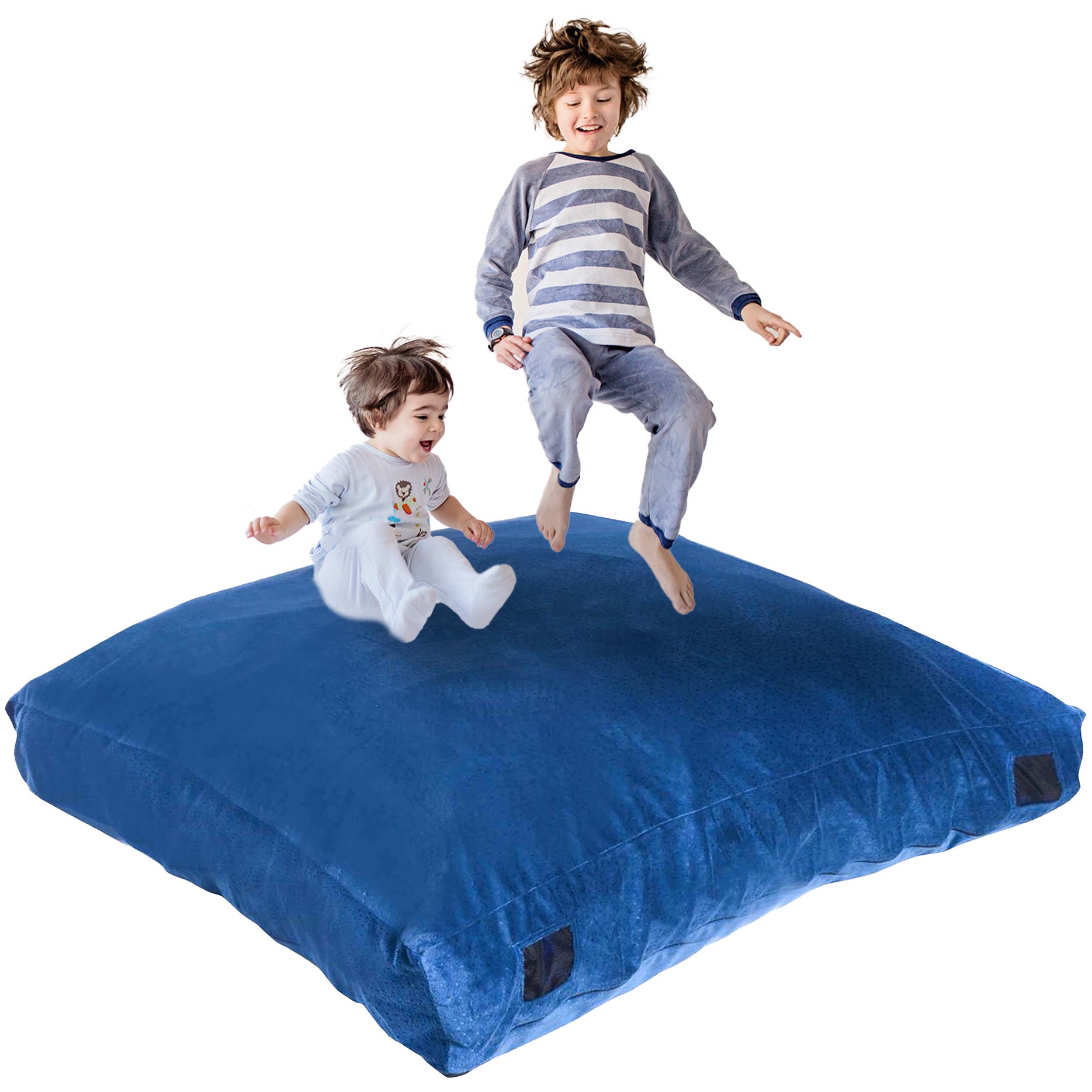
When it comes to nurturing the growth of children with autism, understanding and supporting their motor skill development is essential. Motor skills, which include both fine and gross motor skills, are vital for daily functioning. For children with autism, these skills can often be a challenge, but with the right activities and encouragement, improvement is not only possible but also a gateway to greater independence and confidence.
Fine motor skills involve the coordination of small muscles, typically in the hands and fingers, and are crucial for tasks such as writing, buttoning a shirt, or manipulating small objects. Activities that can enhance these skills include sorting games, playing with dough, and engaging with putty or clay. These tasks not only improve dexterity but also provide a sensory experience that can be calming and enjoyable for children with autism.
Gross motor skills, on the other hand, encompass the larger movements of the arms, legs, feet, or the entire body. Activities that promote gross motor skills are crucial for balance, coordination, and overall body awareness. Engaging in kickball, bouncing on a ball, or even dance can be powerful ways to develop these skills. Not only do they help with physical development, but they also offer opportunities for social interaction and teamwork.

Integrating motor skill activities into a child's daily routine can be beneficial. For instance, encouraging a child to draw or to use utensils during mealtime can be a natural way to practice fine motor skills. Similarly, incorporating playtime that involves throwing a ball or riding a tricycle can help improve gross motor abilities. It's important to create a supportive environment that celebrates small victories and progress, as this fosters a positive association with learning and growth.
Parents and caregivers can also turn to resources such as blogs and collections for additional activity ideas and support. These resources often provide creative and effective strategies for engaging children with autism in motor skill development.
It's crucial to remember that every child is unique, and what works for one may not work for another. Patience and persistence are key, as is the willingness to try different activities to discover what resonates with your child. The journey of enhancing coordination and balance through motor skill development is not only about the physical milestones achieved but also about building a deeper connection with your child and understanding their world better.
As we continue to explore and implement these activities, we create a nurturing and empowering environment for children with autism to thrive. Let's celebrate each step forward, no matter how small, and continue to provide our children with the tools they need to navigate their world with greater ease and joy.









Leave a comment